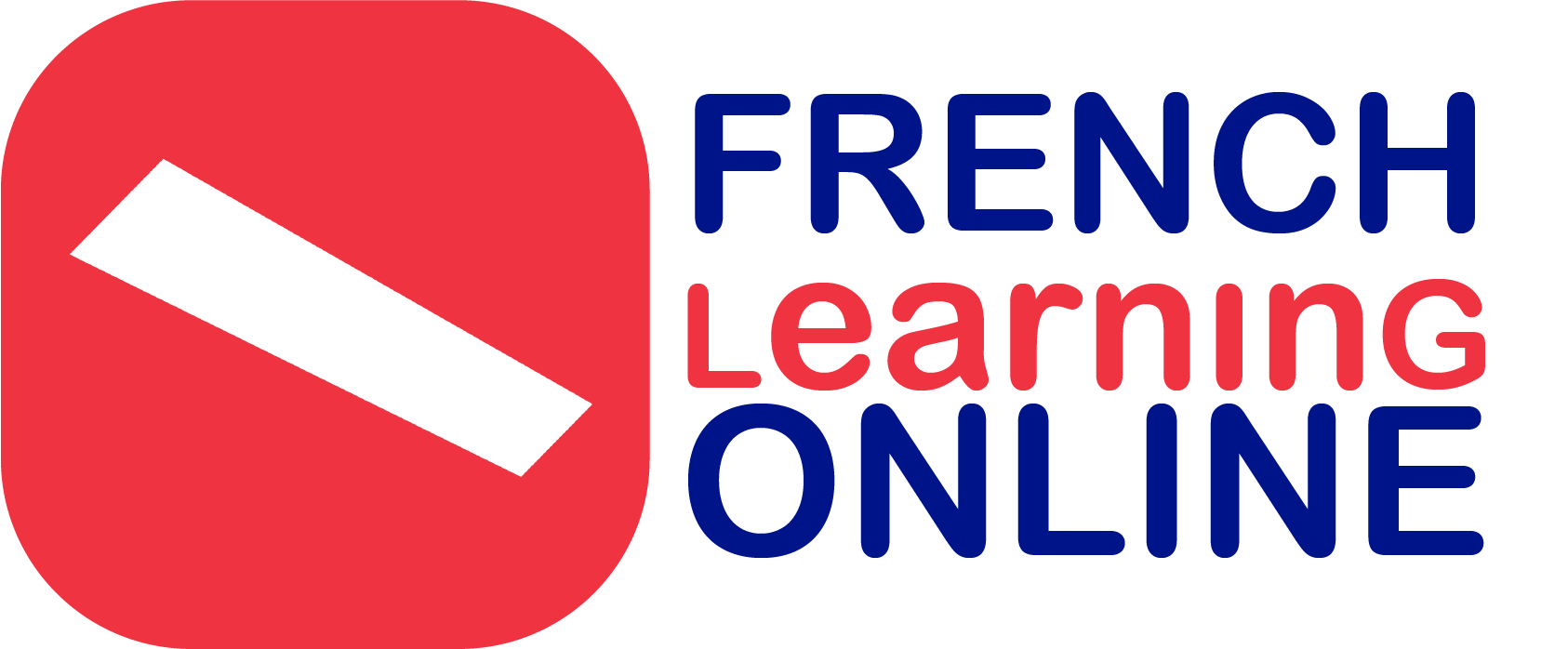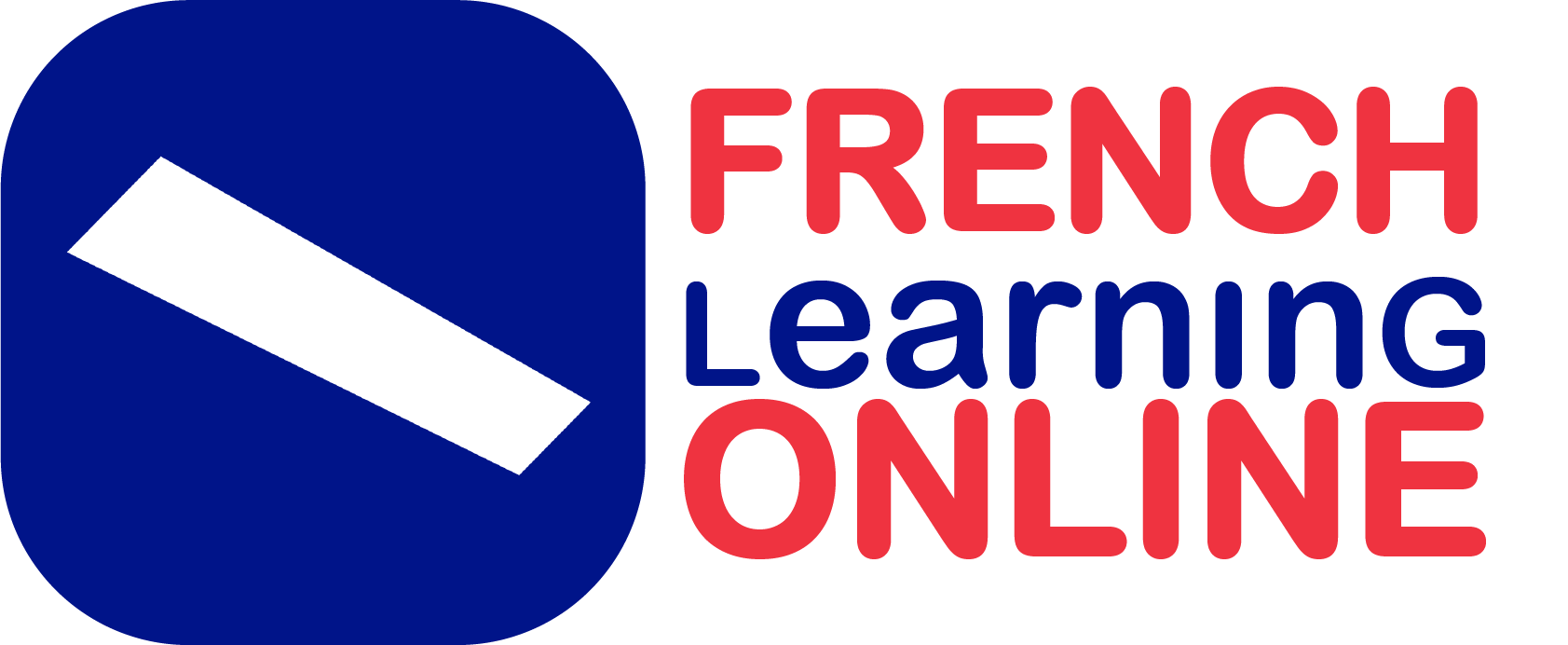Are you interested in learning French but don’t know where to start? The process of learning a new language can be overwhelming, but with the right tools and guidance, it can be an enjoyable and rewarding experience. In this article, we’ll provide you with a comprehensive guide to learning French for beginners.
Getting Started: Tips and Tools
Before you start learning French, there are a few things to consider. First, you should set goals for your language learning journey. Whether you want to be able to speak with locals during an upcoming trip to France or simply want to expand your linguistic skills, setting goals can help you stay motivated and focused.
Next, you’ll need to find resources to aid in your learning. There are many different resources available, from textbooks and workbooks to language learning apps and online courses. Do some research to find resources that best suit your learning style and needs.
Finally, creating a study plan is essential. Decide how often and for how long you’ll study French each week. Try to create a routine that works for you and stick to it. Learning French for Beginners.
Essential Vocabulary and Phrases Learning French for Beginners
Learning basic vocabulary and phrases is a great way to start building your French language skills. Some essential vocabulary and phrases for beginners include greetings, numbers, and common expressions. Greetings such as “bonjour” (hello) and “au revoir” (goodbye) are important to know for any interaction in French. Numbers are also crucial to know for basic communication, as well as for ordering food and making purchases. Common expressions such as “s’il vous plaît” (please) and “merci” (thank you) are also important to know.
Grammar for Beginners: The Basics
French grammar can be complex, but mastering the basics is essential for effective communication. Nouns are words that refer to people, places, or things. In French, nouns have a gender – they are either masculine or feminine. Articles, such as “le” and “la,” indicate the gender of the noun. Adjectives, which describe nouns, must agree in gender and number with the noun they modify. Verbs, which express action or a state of being, have different conjugations depending on the subject of the sentence. Pronouns are used to replace nouns in a sentence.
Listening and Speaking Practice Learning French for Beginners
Listening and speaking practice is essential for improving your French language skills. To practice listening, you can use podcasts, videos, and TV shows in French. It’s also helpful to practice speaking with a tutor or a language exchange partner. Language exchange programs, such as Conversation Exchange and Tandem, connect language learners with native speakers of the language they’re learning.
Reading and Writing Practice
Reading and writing practice is also important for building your French language skills. You can practice reading by starting with children’s books and gradually moving on to more complex texts. Reading news articles in French can also be helpful. Writing exercises, such as journaling or writing short stories, can help you practice writing in French. Learning French for Beginners.
Common Challenges and How to Overcome Them
Learning a new language can be challenging, and it’s important to be aware of common challenges and how to overcome them. One of the biggest challenges beginners face is pronunciation. It can be helpful to practice pronouncing words and phrases with a tutor or language exchange partner. Another challenge is memorization. Repetition and using flashcards can help you memorize new vocabulary and phrases.
Learning French for Beginners Fun and Engaging
Learning a new language can be a fun and engaging experience if you approach it with the right mindset and attitude. Setting achievable goals, using gamification, and immersing yourself in






